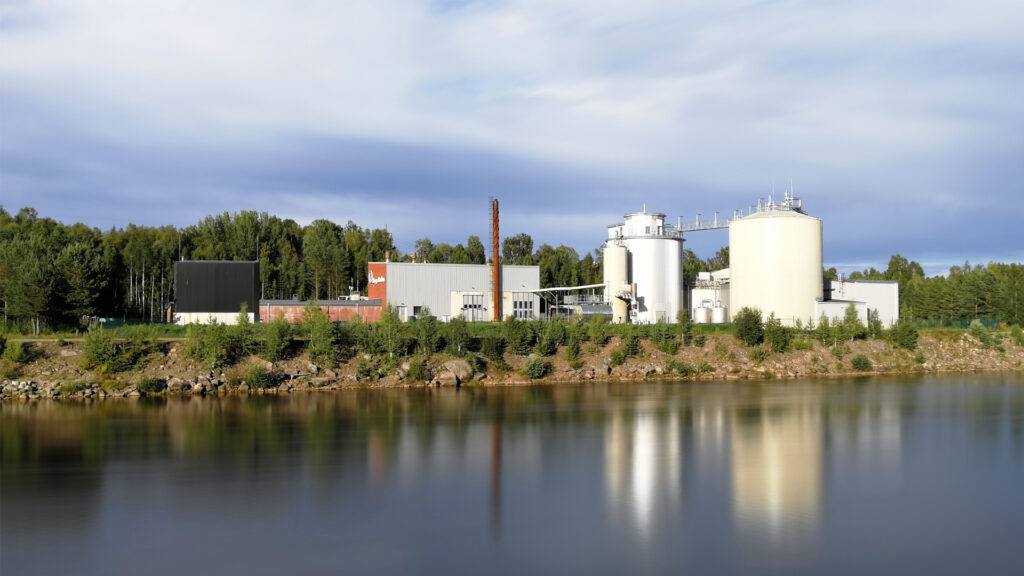By Brandon D. Shuler, American Water Security Project
Thanks to executive orders from the governor’s office and bills moving through the 2023 Florida legislative session, the state will once again make great strides toward land conservation, toward Everglades restoration and toward addressing the state’s most vexing sources of pollution and contamination — septic tanks and failing wastewater infrastructure.
Prescriptive funding at record levels should ensure that the appropriations go toward important conservation easements, land acquisitions and successful restoration/remediation projects — instead of boondoggles.

Those strides deserve applause and praise. Meanwhile, other bills recognizing the value of home-grown, clean energy have advanced through the process. Two of them incentivize utilities to cut costs while reducing greenhouse gas emissions by capturing and purifying methane into biogas, a natural and unavoidable byproduct of waste management and sewage treatment, among other sources. Utilities can burn the biogas for onsite power, or upgrade the biogas to renewable natural gas and supply it to fuel public transportation or government fleets, integrate it into existing natural gas systems or sell it back to the grid as energy.
Using biogas for fuel realizes several important efficiencies. Biogas can reduce dependency on nonlocal energy sources, including foreign energy sources supplied by hostile nations. Biogas also turns a dangerous waste into a resource. Methane is 28 to 35 times more potent of a greenhouse gas than carbon dioxide, the only byproduct of burning biogas for fuel. Meanwhile, by using the biogas they can’t help but create, utilities can realize energy savings that translate into more revenues for repairs, upgrades or even rebates.
Indeed, converting Florida’s beleaguered wastewater infrastructure into methane-capturing, nutrient-reducing, water-recycling advanced wastewater treatment machines makes sense for Florida, especially in terms of efficiency. Look, these utilities need every cent they can get for repairs and upgrades that protect our water resources.
In 2018, the American Society of Civil Engineers rated Florida’s wastewater a C- and estimated that fixing our wastewater infrastructure problems would cost the state upward of $18 billion, which is probably a conservative number considering the state’s rapid growth and the worsening flooding due to climate change. The society’s cost estimates also do not address the costs of inaction, such as the sewage-fueled harmful algal blooms that wreak havoc on the tourism, real estate and fishing industries that drive the world’s 15th-largest economy.

The biogas math works. A joint study by the Florida Department of Agriculture and Consumer Services and the University of Florida found that, with the right infrastructure investments, wastewater treatment plants could capture and reduce carbon dioxide by 6,354.5 tons annually and produce electric energy savings of 26,763,827 kWh per year. The study reported returns on investment within a year to a few short years. With energy savings in the bank, utility managers can then focus their efforts on expanding and improving services, while adopting other green power alternatives, such as voltaic solar panels and combined heat and power systems that add up to more energy and more savings.
Florida is moving in the right direction in terms of water policy, energy policy and infrastructure. The Legislature should get all these good bills across the finish line.
Brandon Shuler is the executive director of the American Water Security Project, an organization dedicated to reducing pollution by improving efficiencies.
This opinion piece was originally published by the Tampa Bay Times, which is a media partner of The Invading Sea. Sign up for The Invading Sea newsletter by visiting here.



